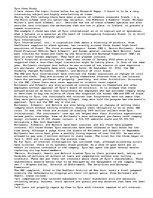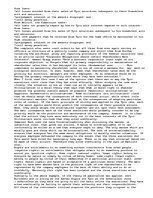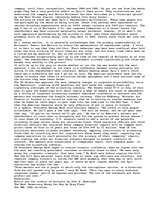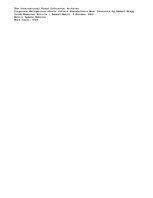-
Tyco Case Study
In rare shows of unanimity, U.S. senators voted to add a series of new penalties, including 10-year prison terms for securities fraud. Chief executive officers and chief financial officers who certified false company financial reports will be slapped with prison terms of five to 10 years and fines of $500,000 to $1 million. Some of the activities mentioned included document shredding, imposing restrictions on accounting firms that do consulting work for corporations whose books they audit, requiring top company executives to vouch personally for the accuracy of their companies' reports, and creating new rules for financial analysts designed to prevent conflicts of interest. The measure also establishes an independent board, with subpoena power, to oversee the accounting industry.
US President George Bush hoped to restore investor confidence, when he signed into law the most far-reaching government crackdown on business fraud to date. "No more easy money for corporate criminals. Just hard time," Mr Bush said before signing the bill.
The new bill bans personal loans from firms to their top officials and directors, and requires company insiders to notify the SEC more promptly when they buy or sell stock. Had this been in place ten years ago, it would be much clearer whether the Tyco executives had broken the law.
"Free markets are not a jungle in which only the unscrupulous survive, or a financial free-for-all guided only by greed," said Mr Bush. "This law says to every dishonest corporate leader, you'll be exposed and punished. The era of low standards and false profits are over."
…




